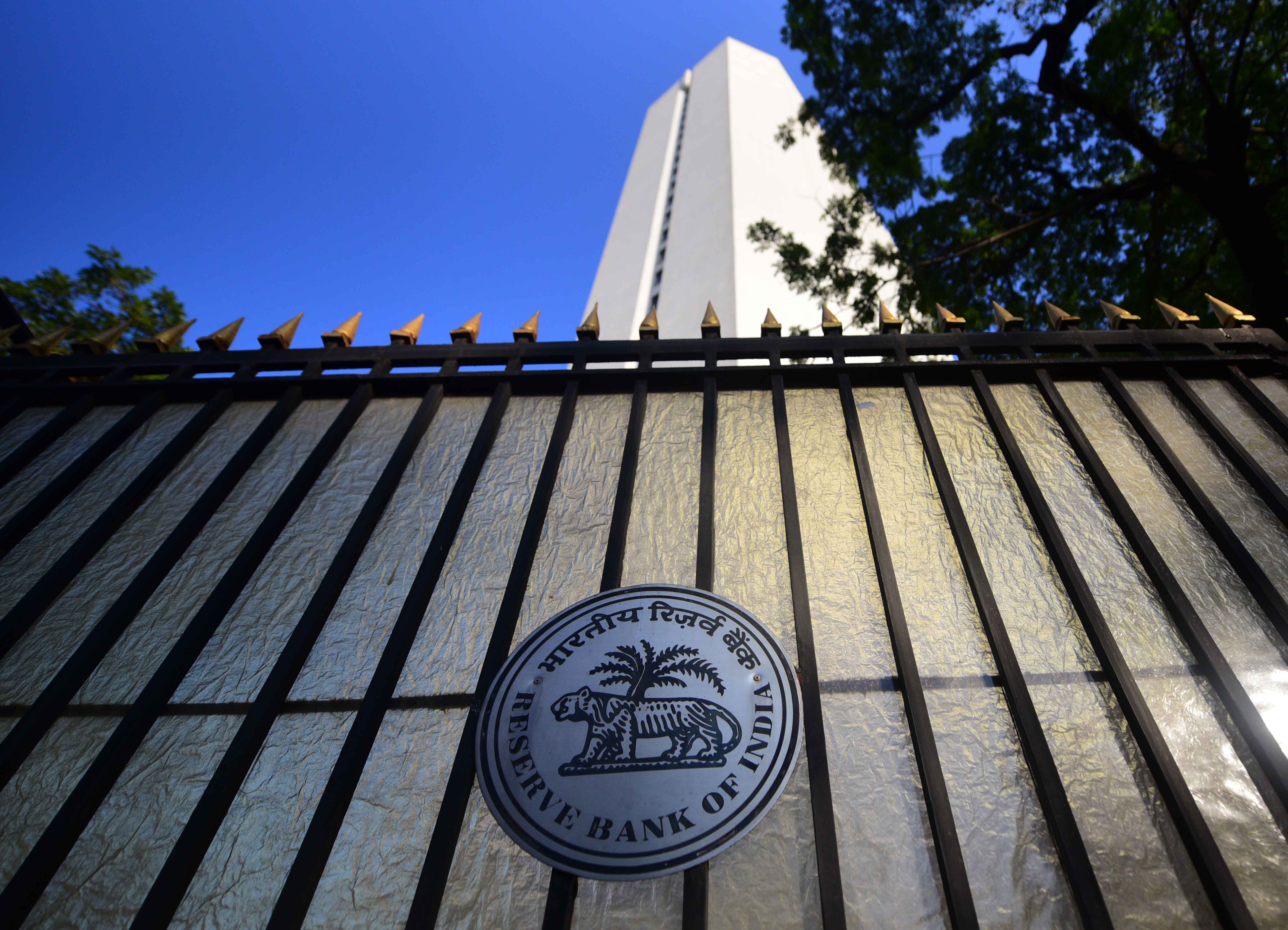INSUBCONTINENT EXCLUSIVE:
Mumbai: The practice of share pledging by promoters suggests they are unable to access funding through other means, and the increasing
frequency of this type of financing is a reflection of the poor health of companies, the central bank said in its financial stability report
(FSR).
“High level of pledging by promoters is seen as a warning signal, indicating the company’s poor health and probably a situation
where the company is unable to access funding through other options,” said RBI in its report
“Further, the increased pledging activity is risky for any company as debt repayment will leave no room for the company’s
growth.”
Share pledge by promoters has gone up over the last two years as owners have pledged their stock as collateral to raise debt
The share of non-banking finance companies and banks in total promoter pledged shares is higher than that for mutual funds in the June 2017
The aggregate exposure as on March 2019 stood at Rs 2.25 lakh crore, as per the RBI report.
As a general trend, promoters pledge shares when
managing existing debt becomes tough for them, leading eventually to a debt trap and damaging the interest of minority investors.
Pledging
of shares increases during periods of tight liquidity
In a falling market in particular, pledged shares are under pressure as diminished share prices bring down the collateral value, prompting
lenders to either demand additional margins or sell the shares to protect their interests.
In a few cases such as Sun Pharma, Essel group
and Reliance Infrastructure, lenders have invoked pledges and the stock price has taken a beating.
“Either of the actions can have a
negative impact on stock prices, thereby eroding the wealth of investors,” said RBI
“Pledging of shares by promoters of listed companies concerns (investors) when increase in the risk of underlying exposure accompanies
In effect, debt instruments backed by equity shares have a downside that is akin to that of a short put option on the underlying shares.”

